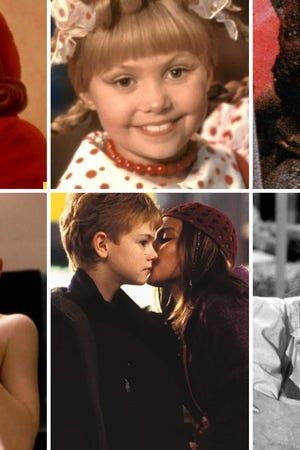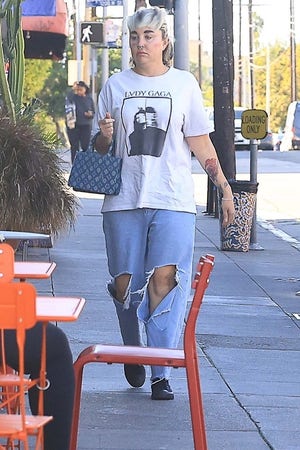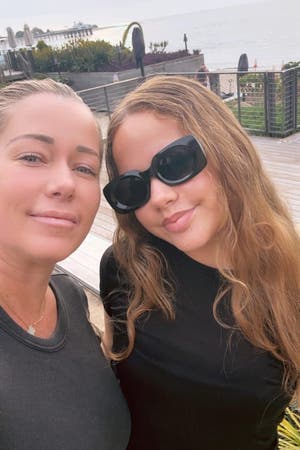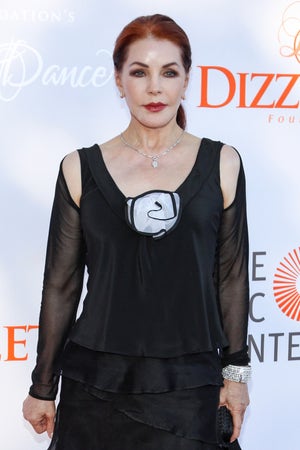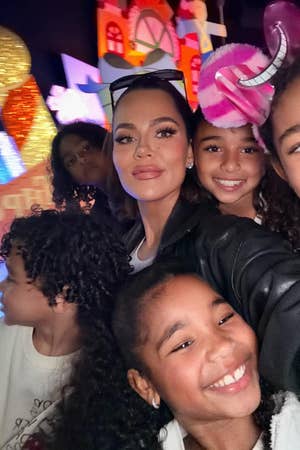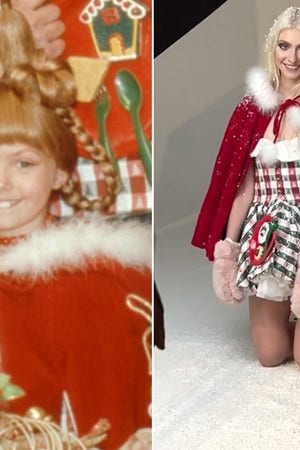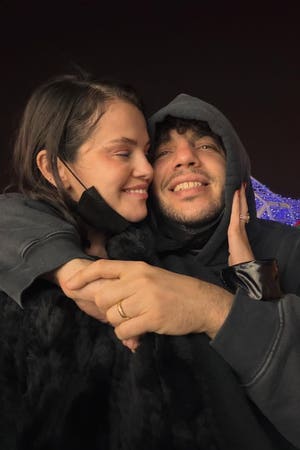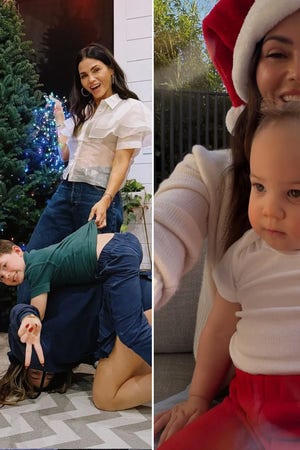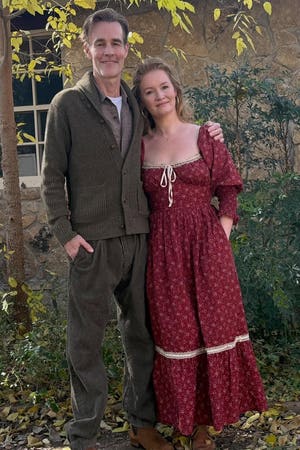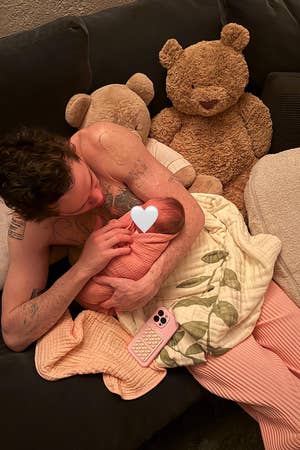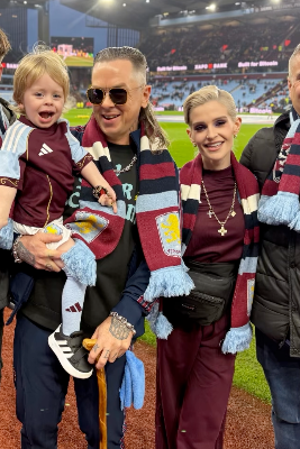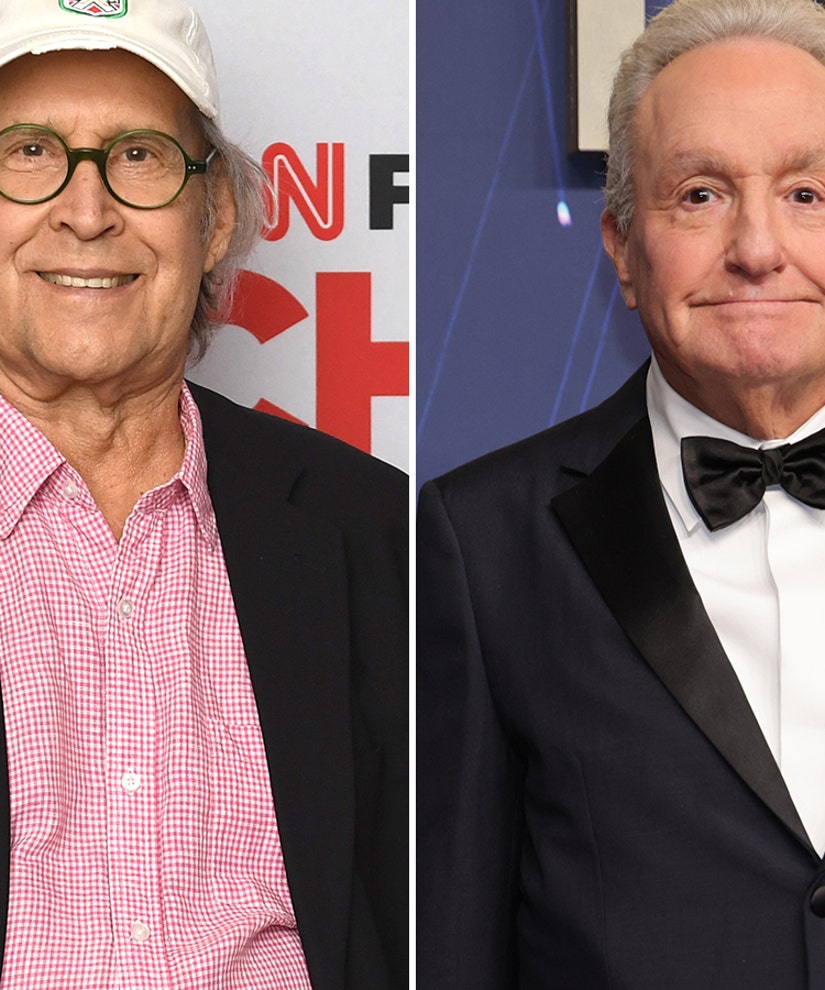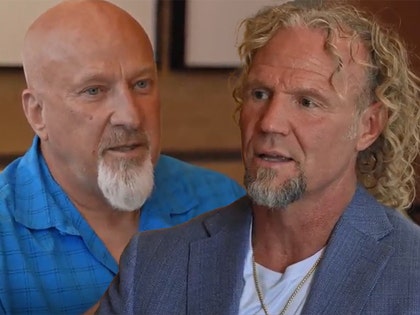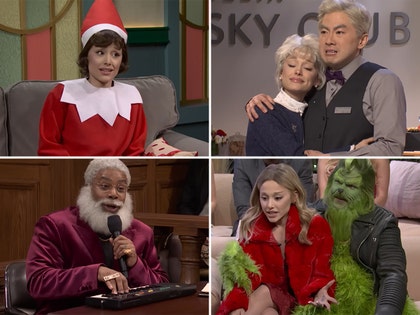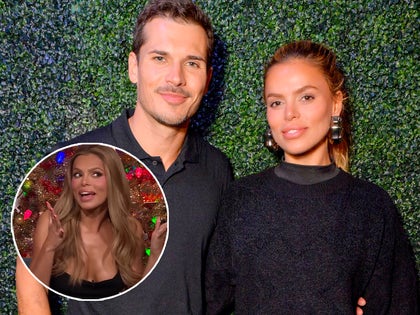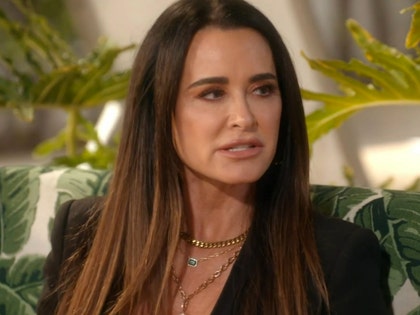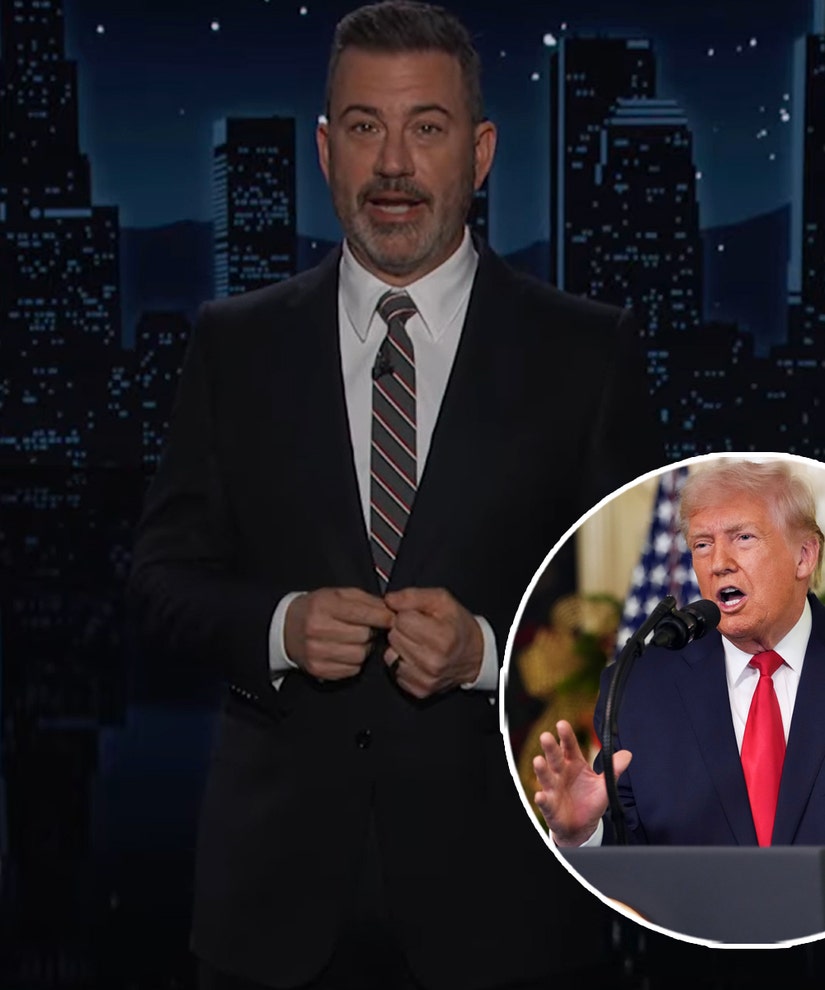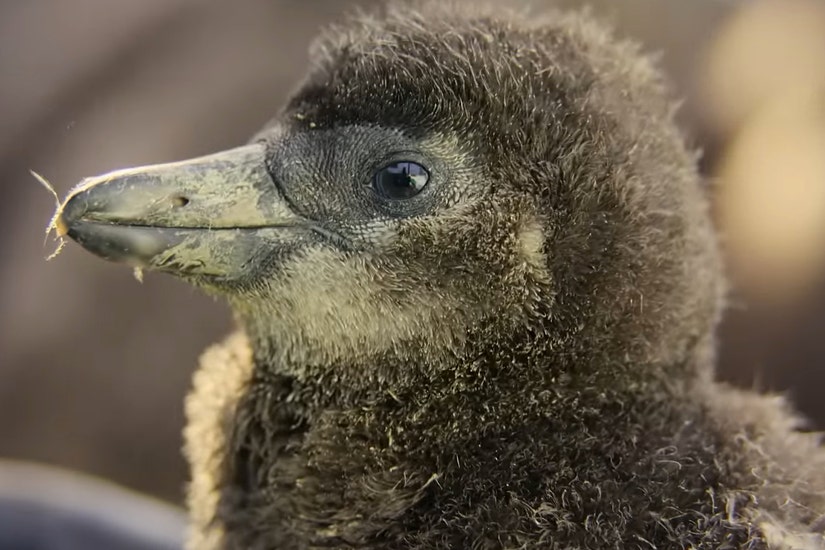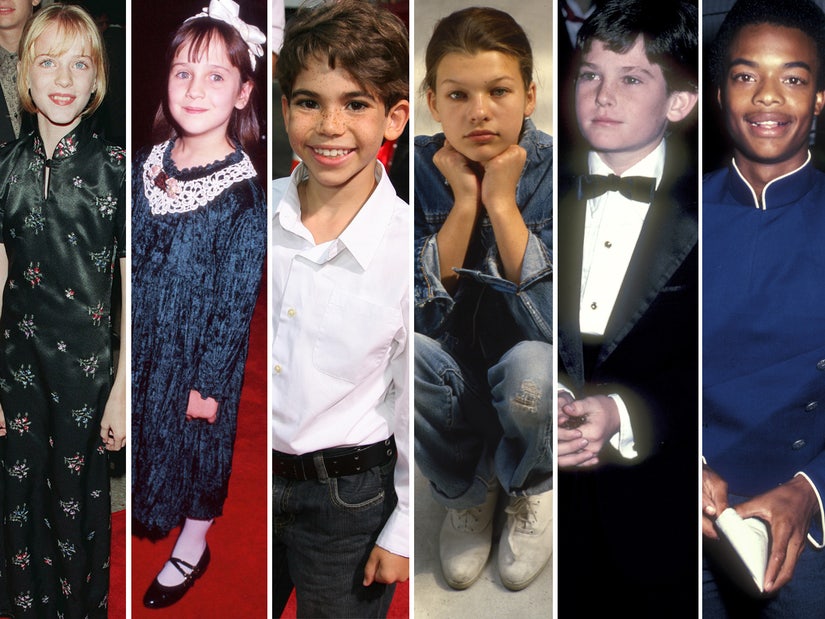 Getty
Getty
In the doc, Wil Wheaton opens up about Stand By Me costar River Phoenix's death, while the late Cameron Boyce reveals how his fame affected his family.
Premiering Tuesday night on HBO, the new documentary "Showbiz Kids" shines a light on just that -- the real lives of former child stars in Hollywood.
Written and directed by former child star Alex Winter ("Bill & Ted's Excellent Adventure," "The Lost Boys"), the doc featured interviews with many actors who broke out at a young age -- including Evan Rachel Wood, Milla Jovovich, Mara Wilson, Wil Wheaton, Henry Thomas, Todd Bridges and the late Cameron Boyce.
Throughout the 90-minute documentary, the group touched on their big breaks, how success led to issues with socialization and their parents, and feeling sexualized at far too young an age. Some revealed their personal experiences with sexual abuse and seeing peers turn to drugs, before they all also talked about what happens when you age out of the child star label.
The film is available on HBO and HBO Max. Below are some of the highlights.
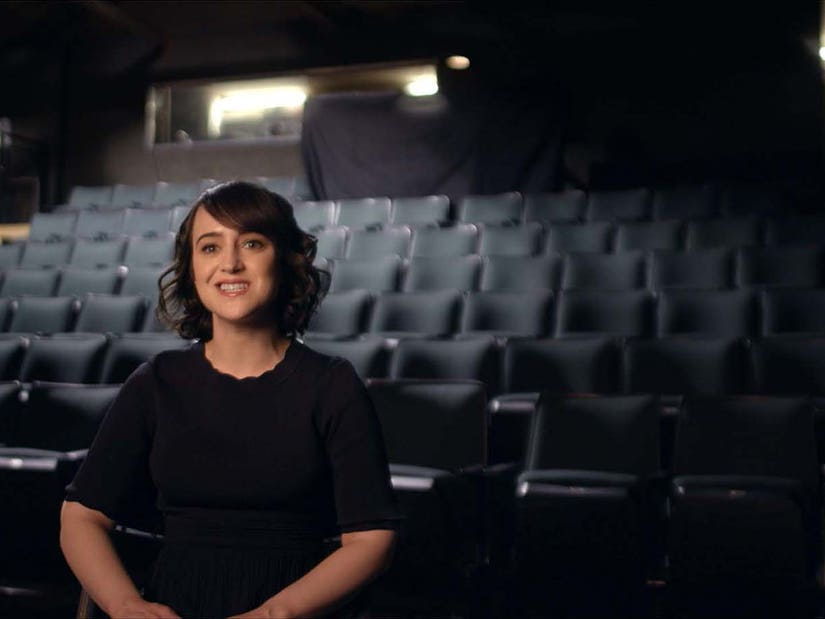 Mara Wilson/HBO
Mara Wilson/HBO
Entering the Business
Jovovich was one of the few who flat-out said they "hated" acting as a kid. "I hated working. I hated going on set. I was 11 years old, I was really a little girl who wanted to play with dolls," she recalled, saying she only entered showbiz because her mother -- who was an actress in the former Soviet Union -- couldn't get work when they moved to the States.
For Boyce, he broke out on Disney's "Jesse" when he was just 11. As he grew up on set, he eventually started being homeschooled -- which is said was "not a normal experience." Growing up in the digital age, he said it was "f--ked up" to think his "entire adolescent life" is just out there on social media for the world to see. He also admitted child stars "don't know jack shit about the world."
School was also an issue for Thomas ("ET"), where he was bullied by some of his classmates who insisted on calling him "Hollywood" or "ET." Added "Diff'rent Strokes" star Bridges, "Most child actors don't get to be regular children."
For Wilson ("Mrs. Doubtfire"), everything "snowballed" for her after that film's success -- but she "was having a blast" at the time. It was only later she realized "gaps" in her childhood, as she never learned to ride a bike or didn't understand the concept of kickball. She also struggled with school because she didn't really develop a work ethic on set, where everything was done for her.
Wheaton ("Stand By Me," "Stark Trek") wound up in the business because his mother wanted him to. His early days were mainly doing commercials, but after one "super abusive" experience, he turned to theatrical work.
As for Wood ("Thirteen," "Westworld"), she said most of her youth was spent on her own. "I spent a lot of time alone on set, doing school in a trailer, being alone in hotel rooms," she explained. "You're very much isolated most of the time and it's a very fulfilling but lonely experience." She said she felt an immense amount of pressure to continue acting because she thought she'd disappoint others if she wasted her talent.
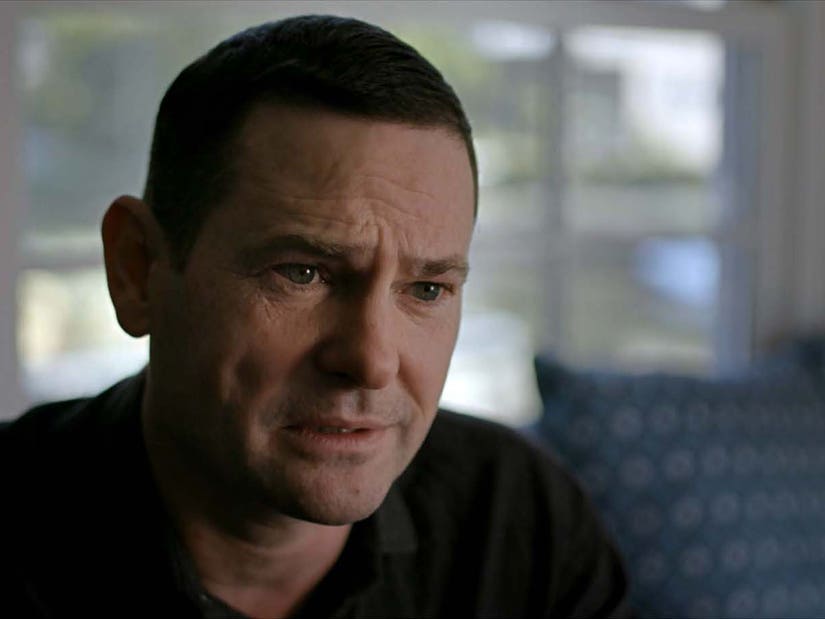 Henry Thomas/HBO
Henry Thomas/HBO
Family Matters
For a few of the participants, that early success also caused some problems in their families as well -- as parents were subject to their kids' schedules, some pushed too hard and siblings felt the shaft.
Thomas felt like his mother "resented" him for having to be by his side for the first 4-5 years of his career, until he turned 17. It's something he himself didn't realize until later, as he said, "When you're a kid, you don't think about what everyone else has to do to accommodate your burgeoning film career." As she worried about being taken advantage of in the industry, he said she was "labeled as difficult to work with and consequently, I was labeled as difficult to work with."
For Boyce, he knew his parents had sacrificed a lot for him to make it, but something that really struck him was how his success also affected his sister. At school, she would always be compared to him or only brought up in reference to him, feeling like she was living in his shadow. "That changed the entire fabric of my family and the way we work as a unit," he recalled.
Both Bridges and Wheaton had their own parents as managers. For Todd, he said he "had money, but not the money I should have had" because of how his father handled it. For Wheaton's mother, he said "being my manager was about her needs and not what was best for me." He claimed she made him do a "shitty" horror movie called "The Curse" for the money -- calling it "a phenomenally abusive environment" and "a terrible experience" he believes "really hurt my film career."
Wil also claimed random cousins came out of the woodwork when he became successful. "I remember resenting that," he added. "I remember feeling like, this is all bullshit. That was the beginning of not being able to trust anybody."
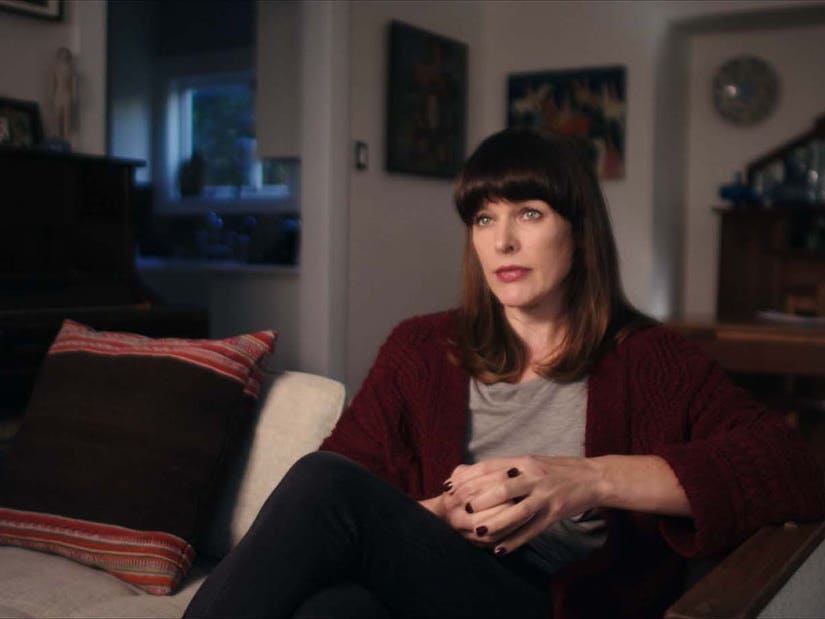 Mila Jovovich/HBO
Mila Jovovich/HBO
Bad Reviews
Dealing with rejection wasn't easy for Jovovich or Wheaton, who both opened up about being on the receiving end of bad reviews from both critics and audiences early in their careers.
For Milla, who starred in "Return to the Blue Lagoon," she said she felt "horrible after reading bad review after bad review." She added that it "screws you up" being a teenager and having negative reviews be "your first understanding of your place in the world, how people view you." That "put a bad taste" in her mouth and she decided she needed to "find myself" before continuing in her career.
Roger Ebert "hated" one of Wheaton's first performances, a review the young actor "took super personally" at the time. "The thing I think people forget, at least in my experience, you're not just talking about an actor, you're talking about child," he added, "a kid who has given up their childhood to be in this thing you're reviewing."
Wheaton faced the wrath of "Star Trek" fans when he joined "The Next Generation" as Wesley Crusher. When he turned, 18, however, he had a "revelation" and realized he didn't have to do a job his mother wanted him to do. "I can go live my life, I can be my own person and I just kind of walked away," he added.
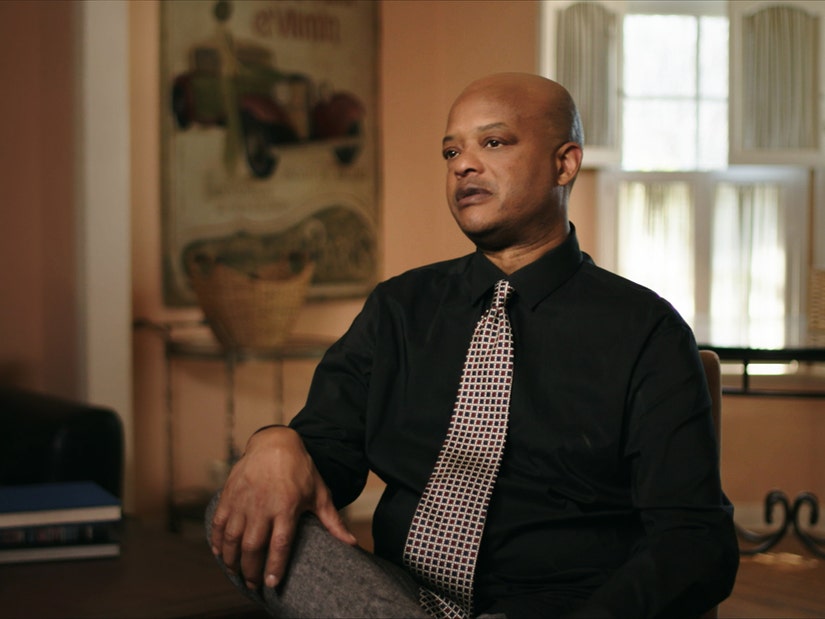 Todd Bridges/HBO
Todd Bridges/HBO
Feeling Sexualized and Sexual Abuse
Bridges was the only one on the special who opened up about their personal experience with sexual abuse. The actor claimed he started getting abused by his publicist when he was just 11. "When I first came out and told my mom about it, she knew I was telling the truth," he said. "My dad took his side, that crushed me. Then I was on a self destruction course."
For the women on the special, they all felt sexualized at an extremely young age. Jovovich recalled taking acting headshots and looking like "this little Lolita," calling some of her early shoots "so risqué and bizarre."
"You're put into an environment with a lot of adults, you end up becoming very friendly with a lot of adults and your mom can't always be there and, of course, especially in your teenage years and you're pushing your boundaries," she added. "I got myself into some messes with guys, older guys. When I think now, 'What were they doing with me? Geez, what schmucks, what creeps.' But at the time, I thought, 'I'm so special, I'm mature,' and I guess I was. I was like this magical little creature at the time. It just saddens me people wanted to take advantage of that."
Wilson said she started picking up on older men knowing who she was, which she said "felt wrong." She would also Google herself and "I saw people talking about photoshopped child porn for me." She said her parents "tried to protect me from these dangers," but she could still "sense them."
Wood recalled being forced into dresses and heels she, a self-described tomboy, was never comfortable wearing. She also said she was often put into sexual situations on film where a lot of her "first experiences" wound up on camera.
The "Westworld" star said "pretty much all the young men" she knew in the industry "were abused in some way, sexually" -- before recalling a time she went to the Golden Globe Awards and "watched a pedophile" win. "I know, but not a lot of people know, I know he's molested boys in the industry. I watched him accept an award, I walked out and started sobbing," she added.
Wheaton said he struggled when he "turned into a teen magazine, teeny bopper idol kid," adding that he really "hated all that stuff" at the time. He explained that label made him feel like he was playing "the role of a young celebrity" and wasn't being his authentic self -- and said the adults who should have been "protecting" him were instead pushing him to do more. "I didn't feel safe and I felt really afraid," he added.
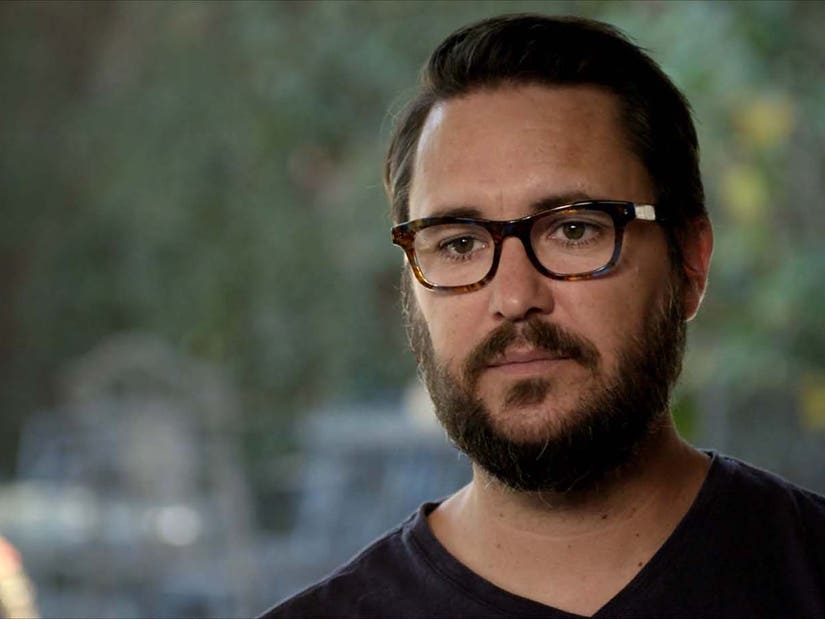 Wil Wheaton/HBO
Wil Wheaton/HBO
Drugs Enter the Picture
Bridges briefly touched on his issues with substance abuse, but it was Wheaton's words about "Stand By Me" costar River Phoenix which really highlighted how drugs can take hold.
Saying River was "like an older brother" whose life and career he idolized, Wheaton explained that, when "I was 15 or 16, [Phoenix] was kind of experimenting with drugs." It was around that time the two "began to drift apart."
"I remember thinking, when he's done with this, we'll be friends again," said Wheaton, but Phoenix died of a drug overdose at the age of 23. "By the time River died, I hadn't talked to him for a couple years and I couldn't believe it happened. I was and remain so angry at the predatory people around him who didn't try to help him."
"I know addicts are responsible for their own behavior," he admitted, "but we also need help in our lives and we need people to look out for us and I don't think people were looking out for him."
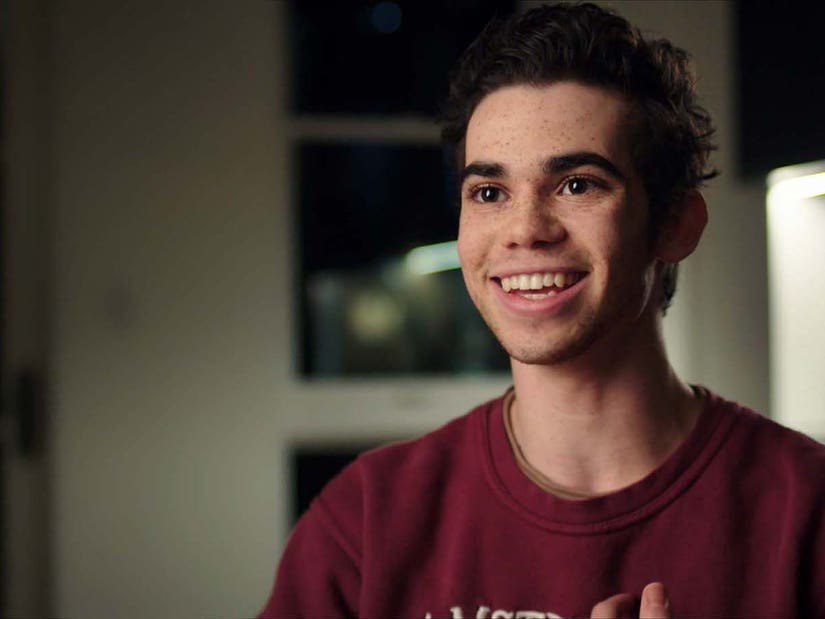 Cameron Boyce/HBO
Cameron Boyce/HBO
Aging Out of the System
There comes a time in every child star's life when they need to start looking ahead at the next chapter. While some young stars ending up abandoning or feeling abandoned by the system which made them famous, others go on to have lengthy careers in their adult lives.
"When I hit my early 20s I realized, I have no life skills," said Wood. "It all came crashing down on me at once, I short circuited and I also was left with the question, 'is this who I really am and what I want to do?'"
She has continued to act, while also becoming an advocate for sexual abuse survivors. Wood is also a mom and chooses to keep her son's life private. "I don't want to do anything he doesn't have a say in yet," she said. "Also, there's just a lot of creeps."
Thomas said that as a teenager, nobody was looking for "teenage me, they were looking for 'ET' me." While he's worked steadily through the years, he's recently seen a resurgence in high profile work with horror director Mike Flanagan -- appearing in "Haunting of Hill House" on Netflix and his films, including "Doctor Sleep."
Jovovich, of course, has also had a solid career thanks to "The Fifth Element" and the "Resident Evil" movies. Now, she's dealing with her daughter wanting to enter the business. "I want to help her do what she wants to do ... but you're young, you don't need to do a bunch of movies right now," she said. "What you need right now is to become strong."
Wilson said Hollywood was no longer interested in her because she "was not a cute teenager." She later turned to writing and released a book about being a child star. "There's a lot I still want to do ... but for many reasons, I won't be a screen actor, a big star like that ever again, and I'm okay with that," she added.
Boyce said he began to "question everything" when others starting asking him about going to college. "That's society's plan. Do I do college? Why would I, because I made money, but also that would be good for me, I don't know anything about money," he admitted. "What is it that I need to do to prepare myself for the real world, because I wasn't living in it."
He said that while he was looking to diversify his acting credits and break out of the Disney mold, he still wanted to be "a good example" for his fans -- something he took very seriously.
Boyce sadly passed away in 2019 at the age of 20, due to complications of epilepsy.

